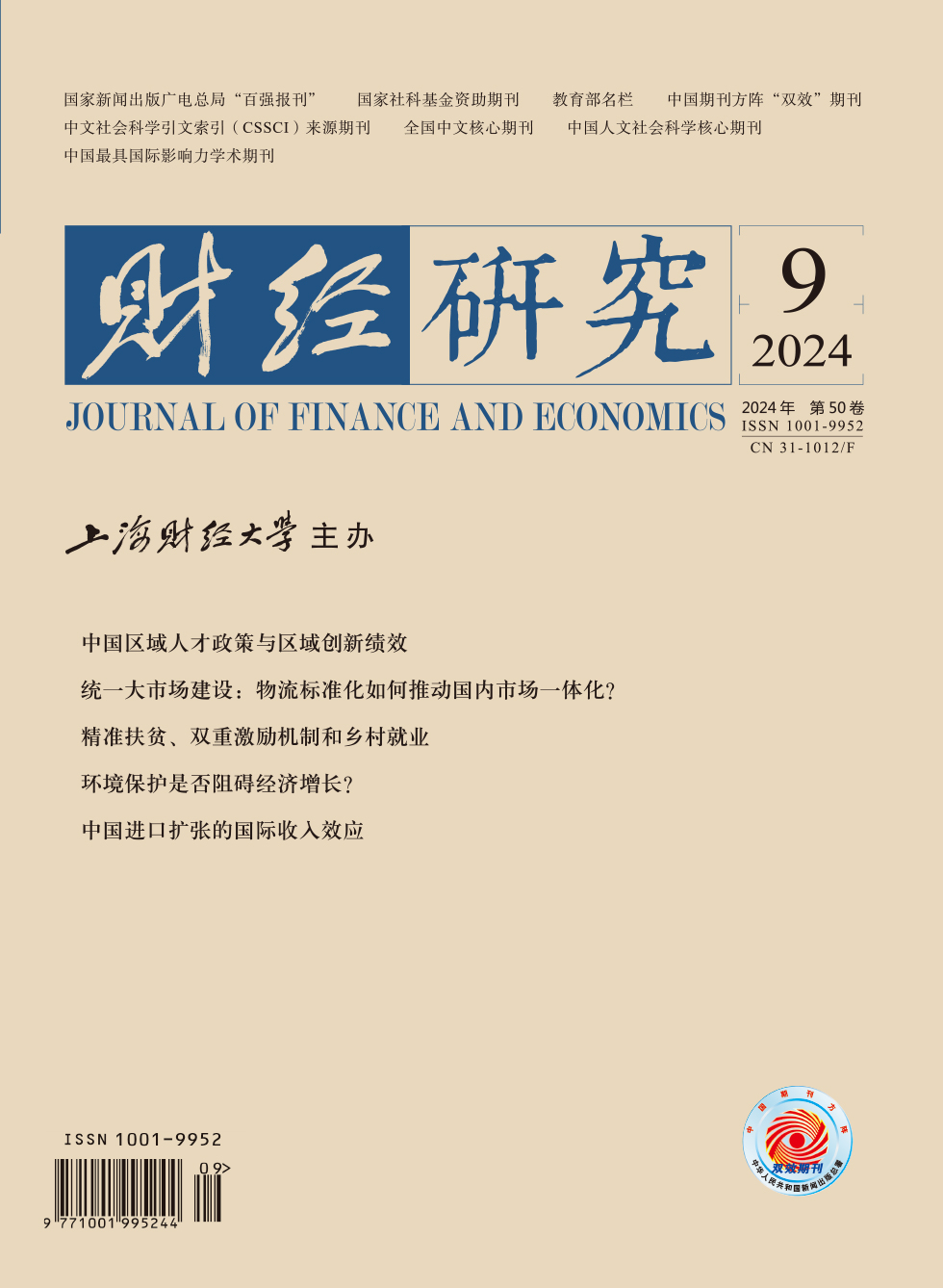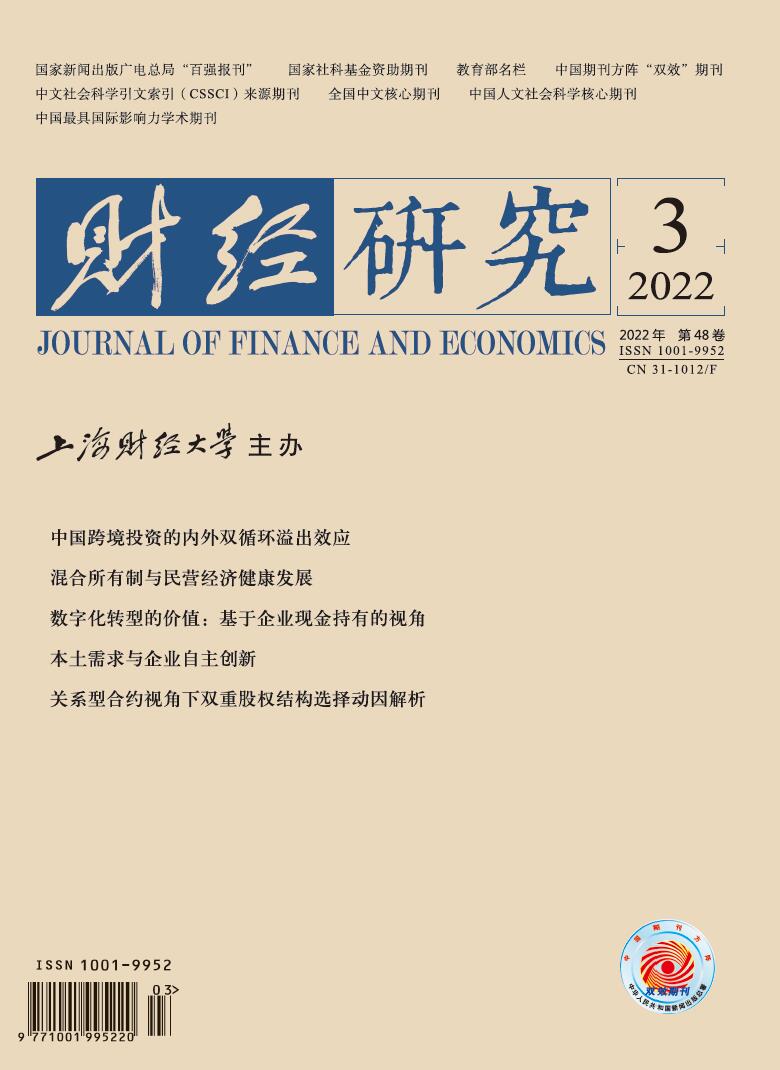Expanding the scale of middle-income groups is not only the basic path for China to achieve common prosperity in the new era, but also an important support point to cross the “middle-income trap”. Informal workers are those who do not have formal labor relations or lack social security. They are an important source of newly increased middle-income groups, and are also economically vulnerable workers. Thus, improving the wages of informal workers is of great significance for China to achieve common prosperity. As an important determinant of wages, human capital has always been the focus of labor economists. However, most of the previous researches have mainly focused on the traditional human capital elements such as education while neglecting the evidence of non-cognitive skills, which is emphasized by the new human capital theory.
Based on the urban data of China Family Panel Survey (CFPS) in 2018, this paper introduces non-cognitive skills into the study of the wages of informal workers, and empirically examines the impact of non-cognitive skills on the wages of informal workers and its mechanism using the Big-Five personality model to construct the index of non-cognitive skills. The results show that non-cognitive skills have a significant positive impact on the wages of informal workers, and the conclusion is still valid after considering the endogeneity and a series of robustness tests. The mechanism test shows that non-cognitive skills mainly affect the wages of informal workers by improving health, reducing the probability of overeducation and increasing social capital. Further analysis shows that the impact of non-cognitive skills on the wages of informal workers has a “Matthew effect”. Moreover, heterogeneity analysis shows that non-cognitive skills have a greater impact on the wages of white-collar informal workers, and among the different dimensions of non-cognitive skills, openness and emotional stability have a more important impact on the wages of informal workers.
The marginal contributions of this paper is mainly reflected in the following aspects: First, different from the research of the wage effect of human capital in the existing literature that mostly focuses on the traditional field of human capital, this paper extends the research field to the new human capital, and studies the impact of non-cognitive skills on wages from the theoretical and empirical levels. Second, this paper selects Chinese informal workers for analysis, which makes up for the deficiency of onefold research object in the existing literature. Third, in terms of mechanism, this paper puts forward the health effect and the occupation matching effect, which supplements the related research. Fourth, the data of CFPS in 2018 with the newly increased survey module of non-cognitive skills being used, the index of non-cognitive skills measured in this paper has less error and higher data quality compared with the existing literature.





 3325
3325  3059
3059

